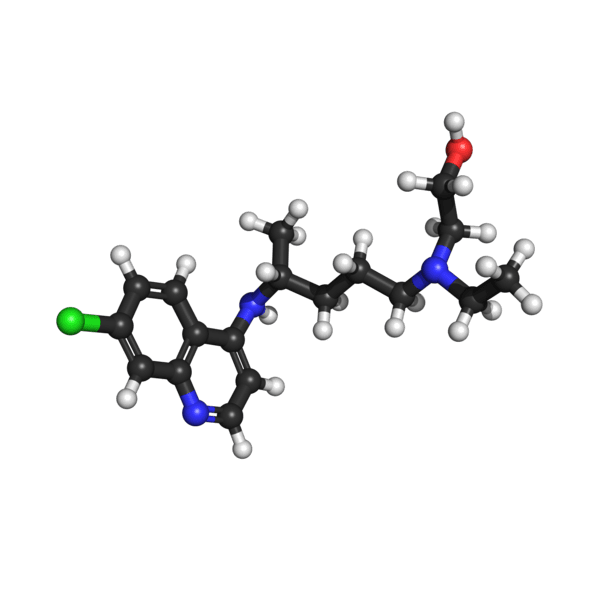
A reader asked me to look further at hydroxychloroquine, the drug that President Trump is promoting as a cure or treatment (I’m not sure which) for COVID-19.
I’m very reluctant to get into this because I’m totally unqualified to do so. I don’t know anything about prescription drugs and their actions and interactions. I don’t even understand the many drugs I have to take myself.
My primary reaction to this controversy has been disgust that politicians, talk show hosts and bloggers who don’t know any more than I do are using the big megaphones of their positions to clog up the airwaves with talk-talk on a subject which they know nothing about. I believe that they are doing this for political and monetary gain.
They have created an environment of confusion, distrust and emotional angst during a time of national and worldwide crisis in order to promote themselves and their careers. To say that I am disgusted with these people is putting it mildly.
I have no wish — none — to join them.
However, I do want to encourage you to think. Since this reader asked me to look further, I looked further. Any opinion that I might acquire from this looking is worthless. I want to emphasize that. I don’t know anything about prescription drugs. I never heard of this drug before the president decided to go all-out promoting it as a cure/treatment/whatever.
I believe that The Lancet is a legitimate medical journal. When I was dealing with my own cancer, I did a lot — and I mean a lot — of independent research. My best sources were PubMed, the New England Journal of Medicine and the Lancet. That’s how highly I regard the Lancet. When my own life was on the line, it was a source I studied for information to understand my situation.
Accordingly, I checked these sources about hydroxychloroquine. Here’s an article from the Lancet. I am not saying its information is the end conclusion about this drug’s usefulness vs a vs COVID-19. The article itself does not say that. But it does discuss the drug and its application to COVID-19 in a sane, rational and lie-free manner. There’s no hyping for ratings, no desire to create a nonsensical controversy and no clickbait.
I’m not going to summarize the article in any way. If I did that, I would be, no matter how hard I tried not to, making selections that would emphasize certain points and obscure others. I do not have the knowledge to do that. I do not want to do that. Lives are on the line with COVID-19. I absolutely do not want to play games with that.
I only want to give you information that will help you know what is happening in this matter that concerns your country, your life and your future. I want to emphasize that this one article is not a full picture of the scientific community’s response to this situation.
If you want to know more, I encourage you to go to PubMed, the New England Journal of Medicine and the Lancet and look for yourself. But if you do that, be sure to read intelligently and fairly and not just pick out things that reinforce your preconceived ideas. Also, be sure to have someone who understands these things help you understand the technical aspects of what you read. If you do not understand statistics, do not pretend that you do, not even to yourself.
Use your mind. It’s a good one.
As for me, I am confident that when the medical research community comes up with a vaccine or a treatment that is actually verified to be of use against COVID-19, they will be thrilled — ecstatic may be more like it — to tell us. That includes if this drug pans out.
We won’t need opportunistic bloggers, politicians and nutty conspiracy theorists to promote such a vaccine or treatment. It will be in all the news.
If you want to read the article, go to the Lancet, HERE.












